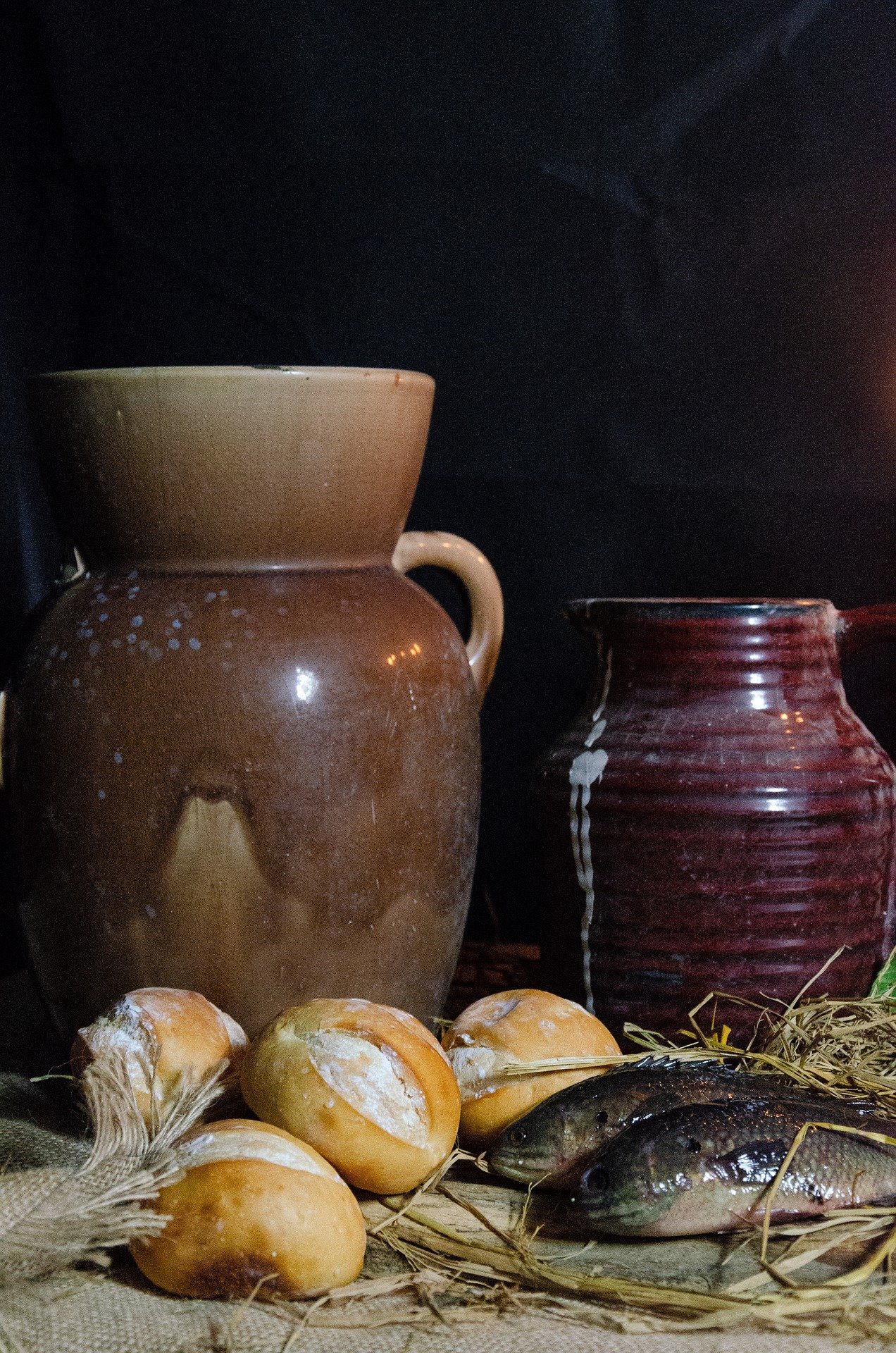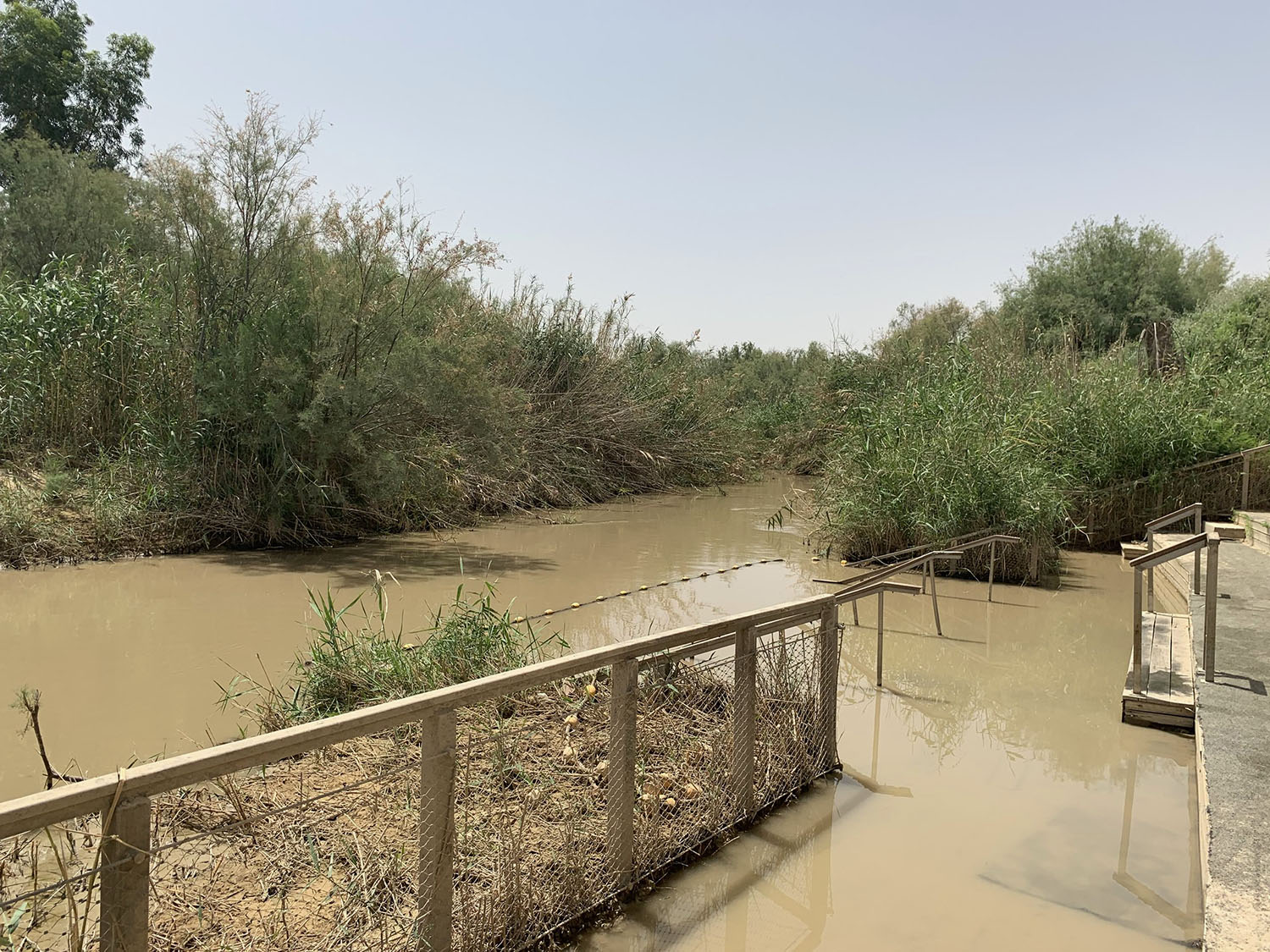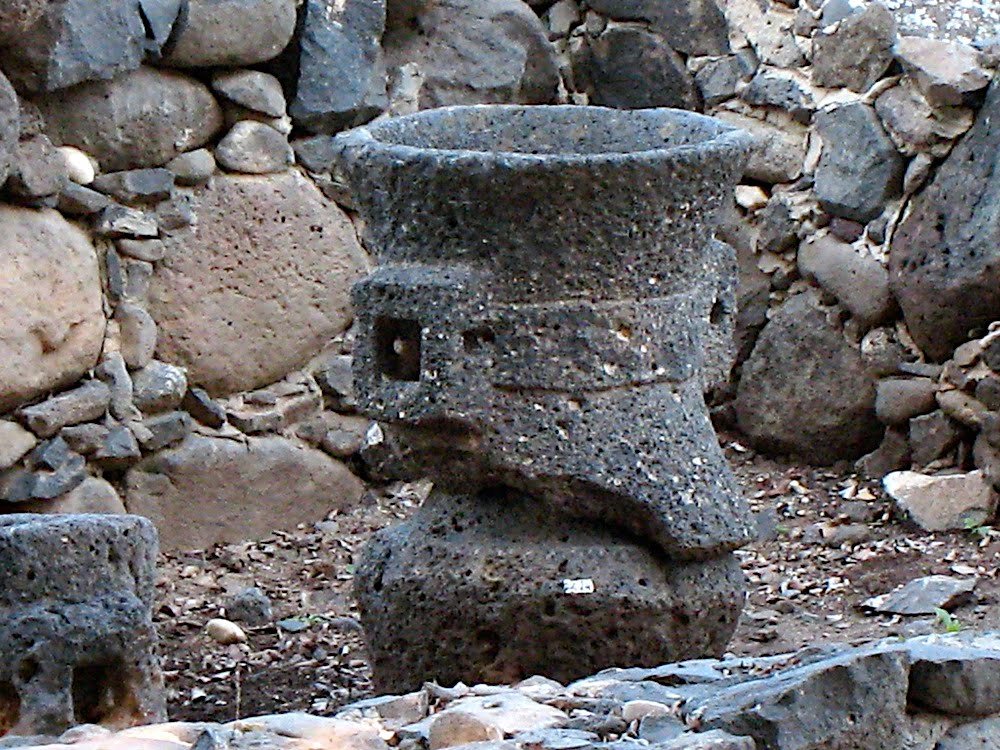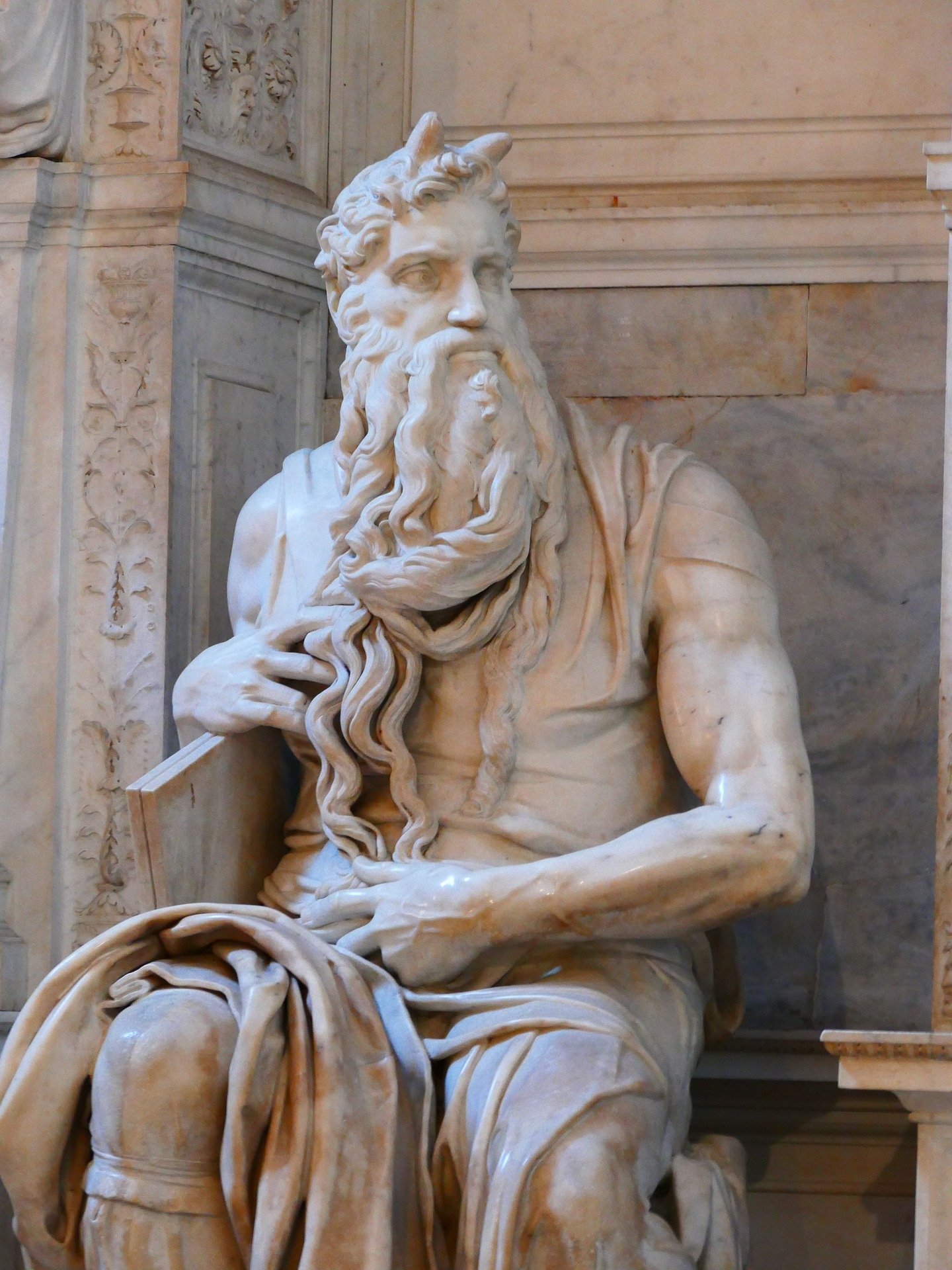Why did John Baptize at the Jordan?
By Dr. Noel Rabinowitz
November 1, 2022
Mark 1:5-6 reports, “all the country of Judea and all Jerusalem were going out to him and were being baptized by him in the river Jordan, confessing their sins.”
Many Bible readers know that John the Baptist was the forerunner of Jesus the Messiah. He called upon the people of Israel to repent of their sins and to purify their hearts in preparation for the arrival of God’s Kingdom (Mk 1:15). But why did he summon the Jewish people to the Judean wilderness to be baptized in the Jordan River? It was a long walk from Jerusalem to the Jordan. Jerusalem, after all, was filled with many mikvaot (ritual purification pools). Why didn’t John just baptize the people who lived in Jerusalem there?
The Parable of the Seeds
By Dr. Noel Rabinowitz
October 27, 2022
In Matthew 13, Jesus tells a story about a sower who sows seed in different soils. This text is a מָשָׁל (mashal) – “a parable”. Although this is not easy to see in most English translations, Jesus intentionally “mixes his metaphors” in “the Parable of the Seeds” (Matt 13:3-9). As Jesus’ interpretation of the parable makes clear (Matt 13:18-23), the story illustrates individual’s various reactions to God’s Word. But this is where things get complicated! When Jesus tells the parable, he equates the sowing of seed with the Word of God. However, when Jesus interprets the parable, he equates the sowing of seed with people.
Millstones Made in Capernaum
By Dr. Noel Rabinowitz
September 1, 2022
Bible interpreters have much to say concerning Yeshua’s teaching about the humble status of children in Matthew 18:1-6 but they usually overlook where that event takes place – a detail that is actually quite important to the story. After deflating the disciples’ ambitions for power and prestige in the Kingdom, Yeshua follows up with a stern warning: “But whoever causes one of these little ones who believe in me to sin, it would be better for him to have a great millstone fastened around his neck and to be drowned in the depth of the sea” (v.6).
Yes, Yeshua Fulfilled the Law - But What Does That Mean?
By Dr. Noel Rabinowitz
August 27, 2022
In what is without question one of the most controversial statements in the Gospel, Yeshua declared, “Do not think I have come to abolish the Law or the Prophets; I have not come to abolish but to fulfill” (Matt 5:17). Despite what seems to be Jesus’ very positive attitude toward the Law, Christian bible interpreters have historically argued that this verse means Yeshua in some way “fulfilled” the Law so that his followers no longer have to. Today, many scholars reject this interpretation and argue that Yeshua was in fact calling upon his Jewish followers to observe the Law. Others remain adamant Yeshua is teaching that the Law of Moses has run its course for the believer.
Read more: Yes, Yeshua Fulfilled the Law - But What Does That Mean?
What’s Moses Have to Do with the Feeding of the Five Thousand?
By Dr. Noel Rabinowtiz
August 10, 2022

The feeding of the five thousand is the only miracle story to occur in all four Gospels - Matthew14:13-21; Mark 6:32-44; Luke 9:10-17; John 6:1-15. Now that alone should tell us something about just how important the miracle is to story as a whole. And yet, surprisingly, the feeding of the five thousand seems to generate remarkably little interest among readers. It’s “in there,” of course – but it’s frequently relegated to the status of nice Sunday School lesson about Yeshua’s concern for his followers. Historical reconstructions of the life of Yeshua don’t pay all that much attention to the incident. The main point of contention about the story is usually the question of whether or not it was a miracle at all – critical Bible scholars have an obsession with providing non-supernatural explanations as to how Yeshua turned two fish and five loaves of bread into a full-size banquet.
As a consequence of all this under-appreciation, we’ve missed out on just how important this miracle really is to the Gospels. However, if we examine the feeding of the five thousand within its first-century Jewish context, its significance quickly becomes apparent.
Read more: What’s Moses Have to Do with the Feeding of the Five Thousand?




